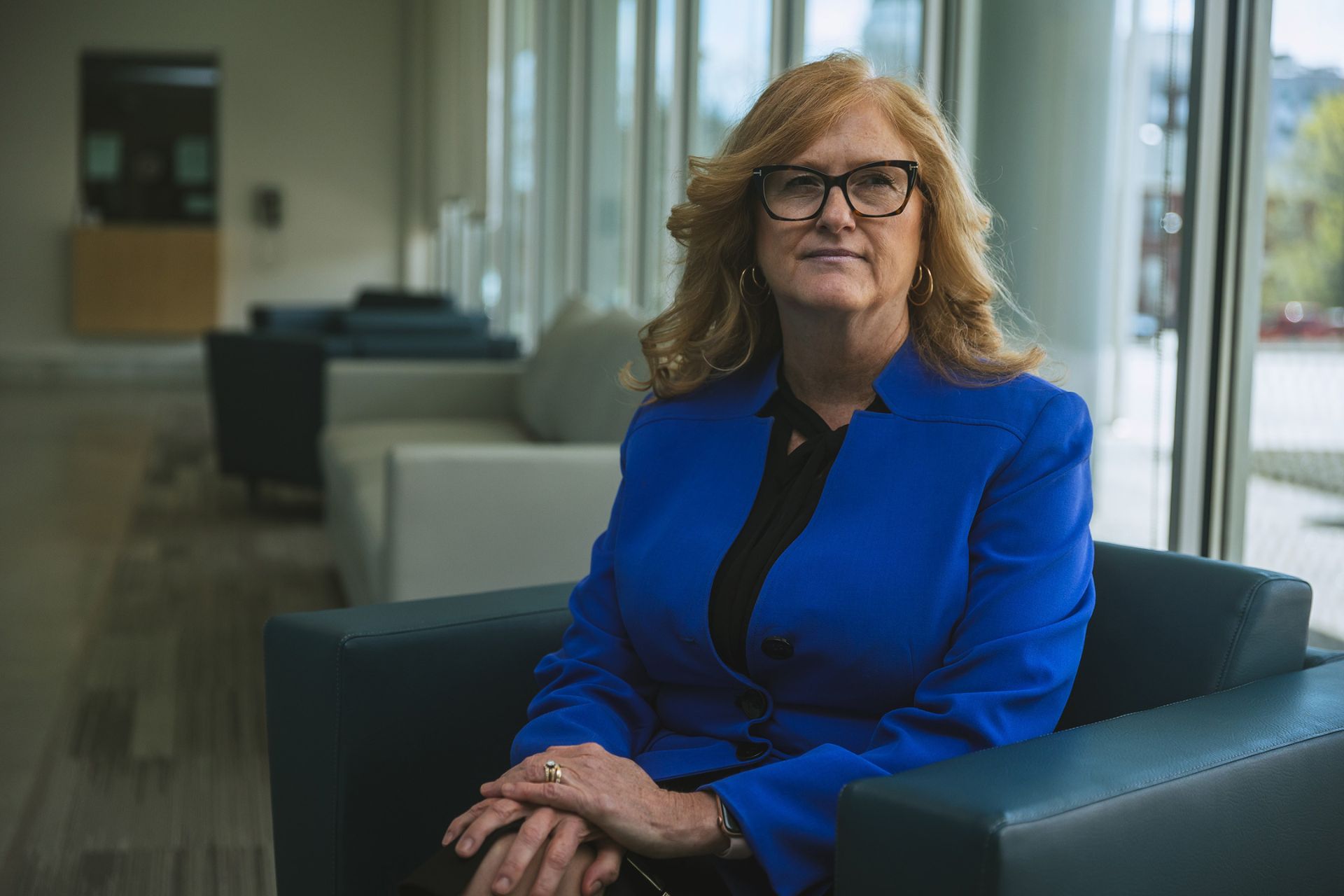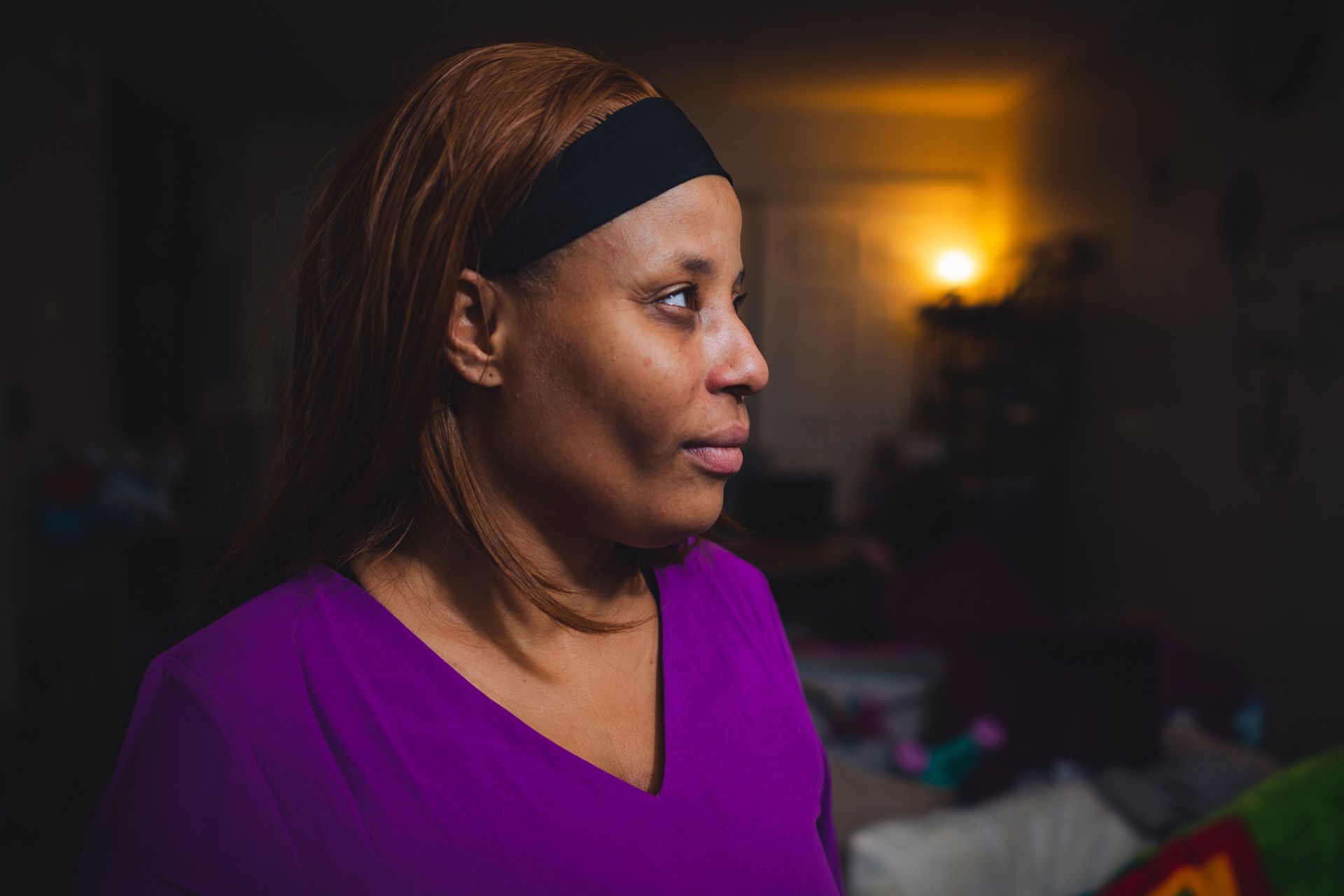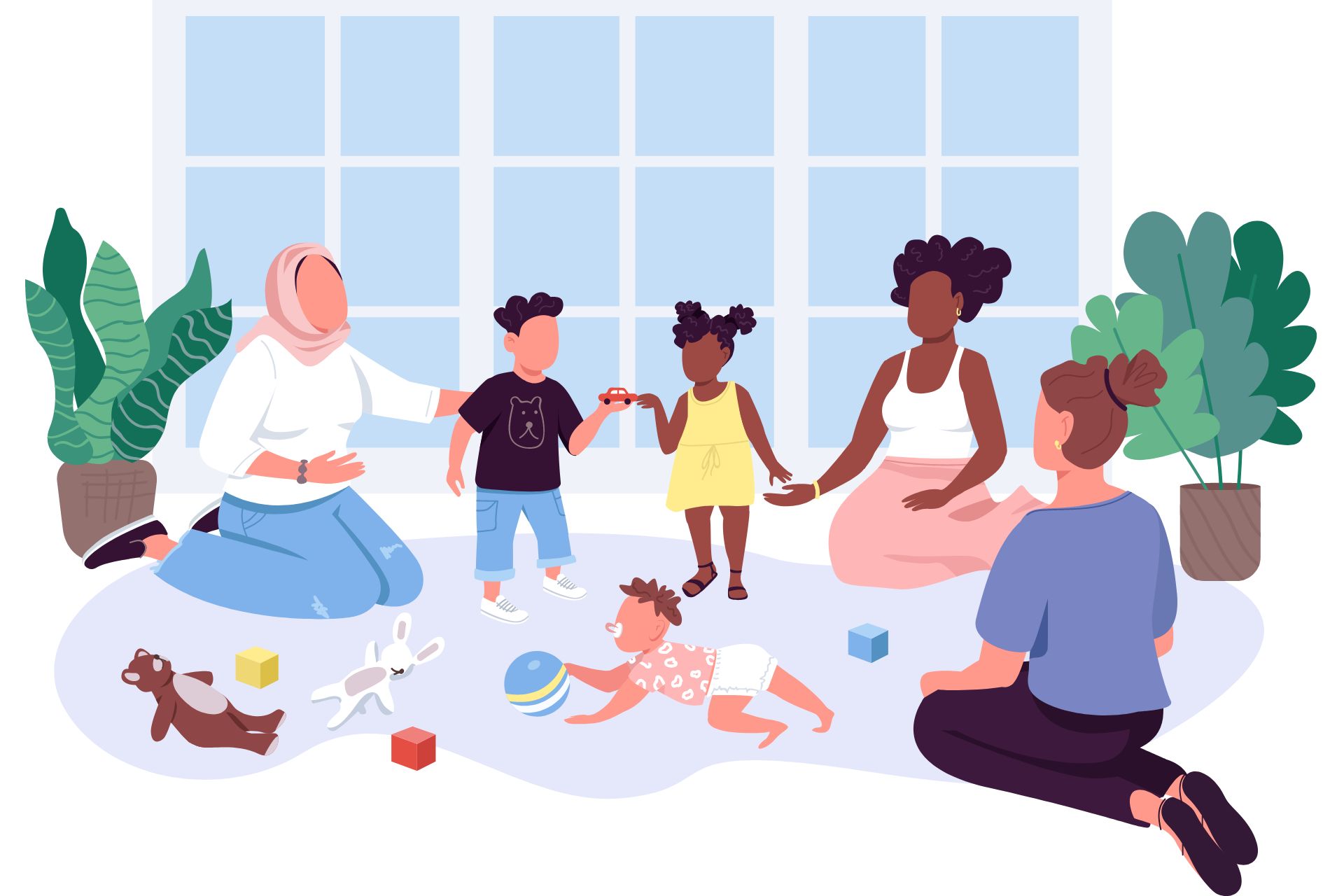Documentary Short (video, 5:07)
‘I’ve been there’ How those who’ve faced the benefits cliff drive change
Facing a benefits cliff can make accepting a new or better job a surprisingly difficult decision. People who’ve been through that experience know better than anyone what would make it easier. Those devising solutions in states leading on addressing the benefits cliff say that one of the most important elements is the deep involvement of those who’ve been there. In this video, meet three Mainers who have navigated their own cliffs. These advocates now work together with Maine’s policy, agency, and business leaders to take on the challenge. Read the full transcript below.
In this video
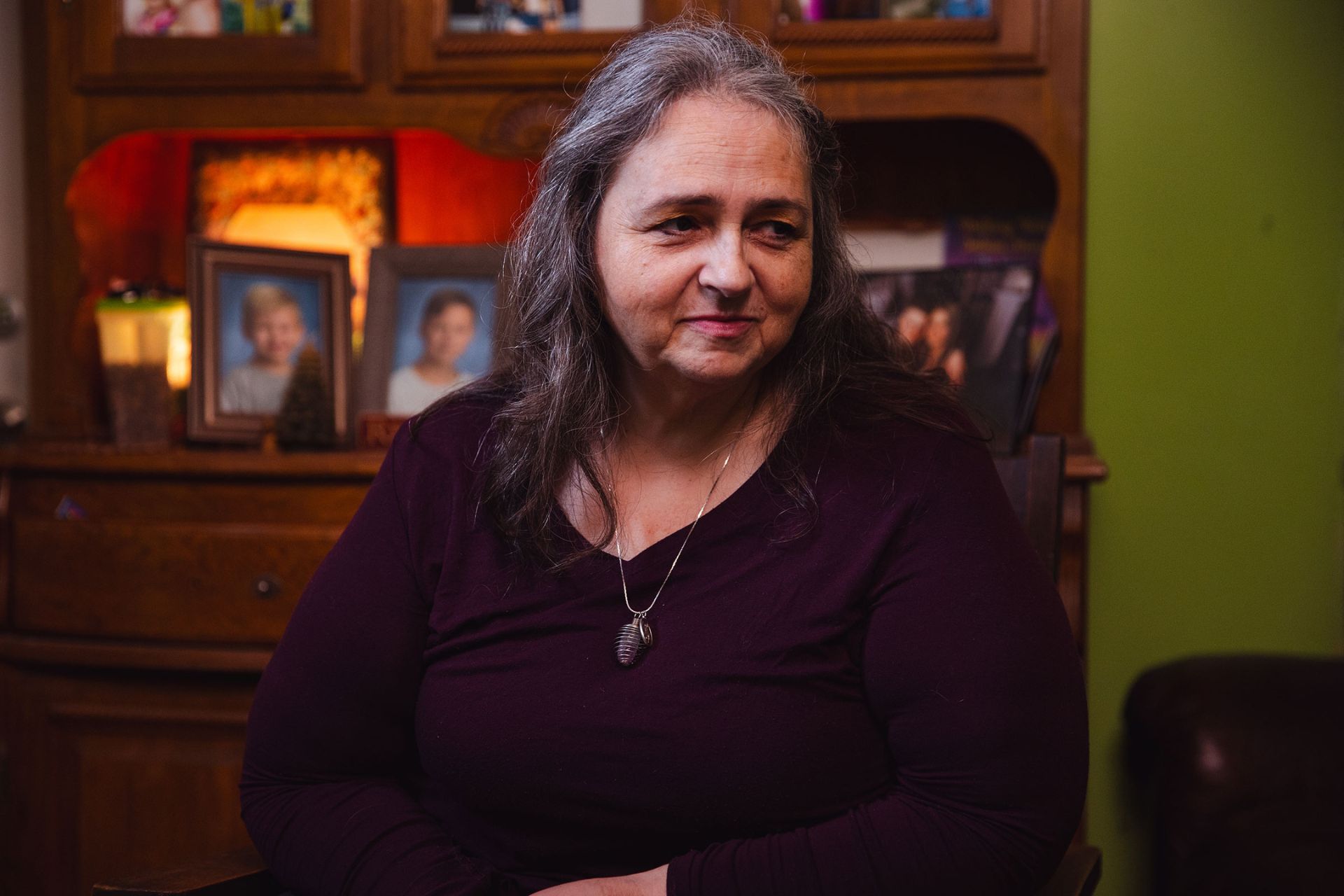
Kandie Cleaves
Advocate
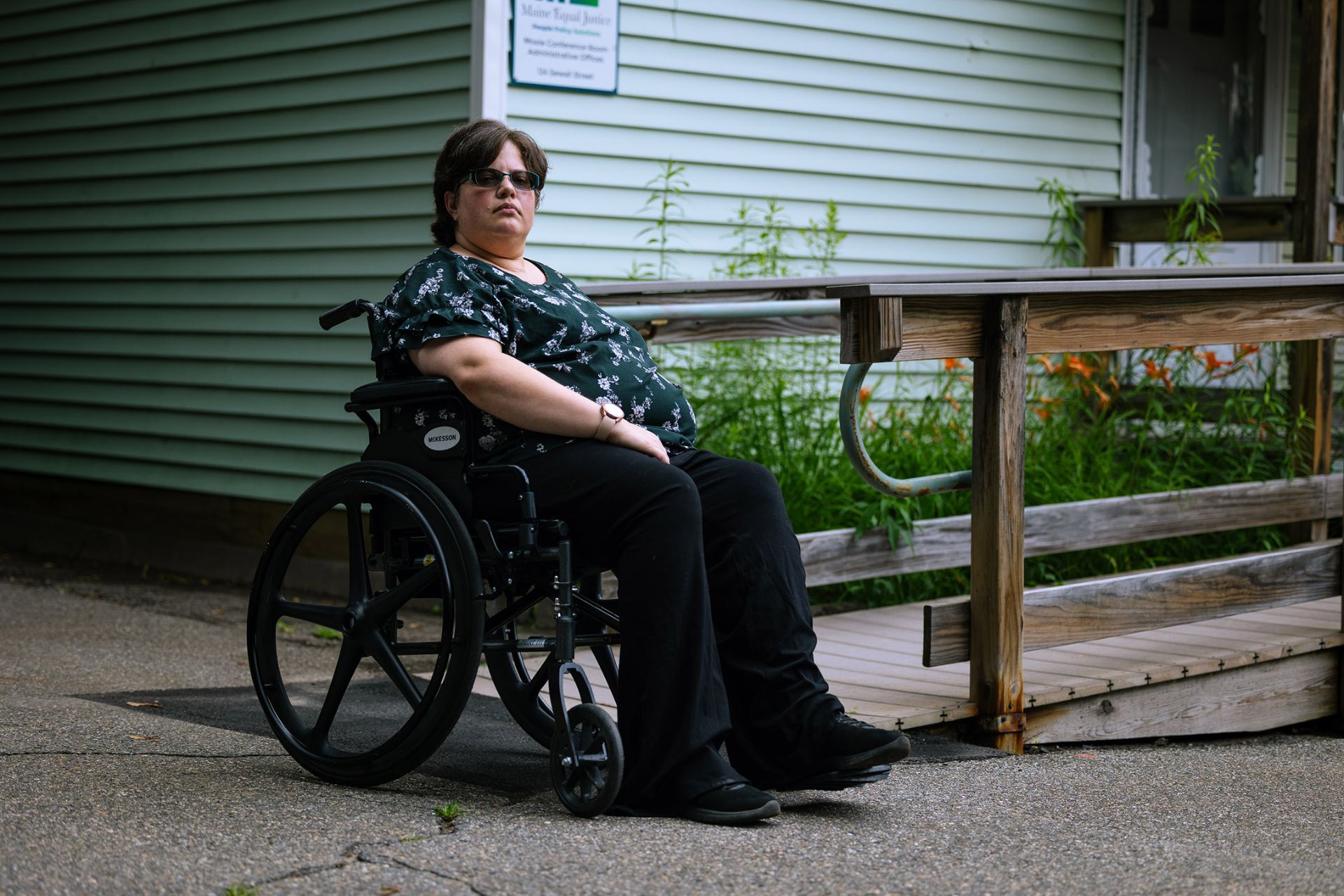
Moriah Geer
Policy Advocate and Director
Project HOPE
Maine Equal Justice
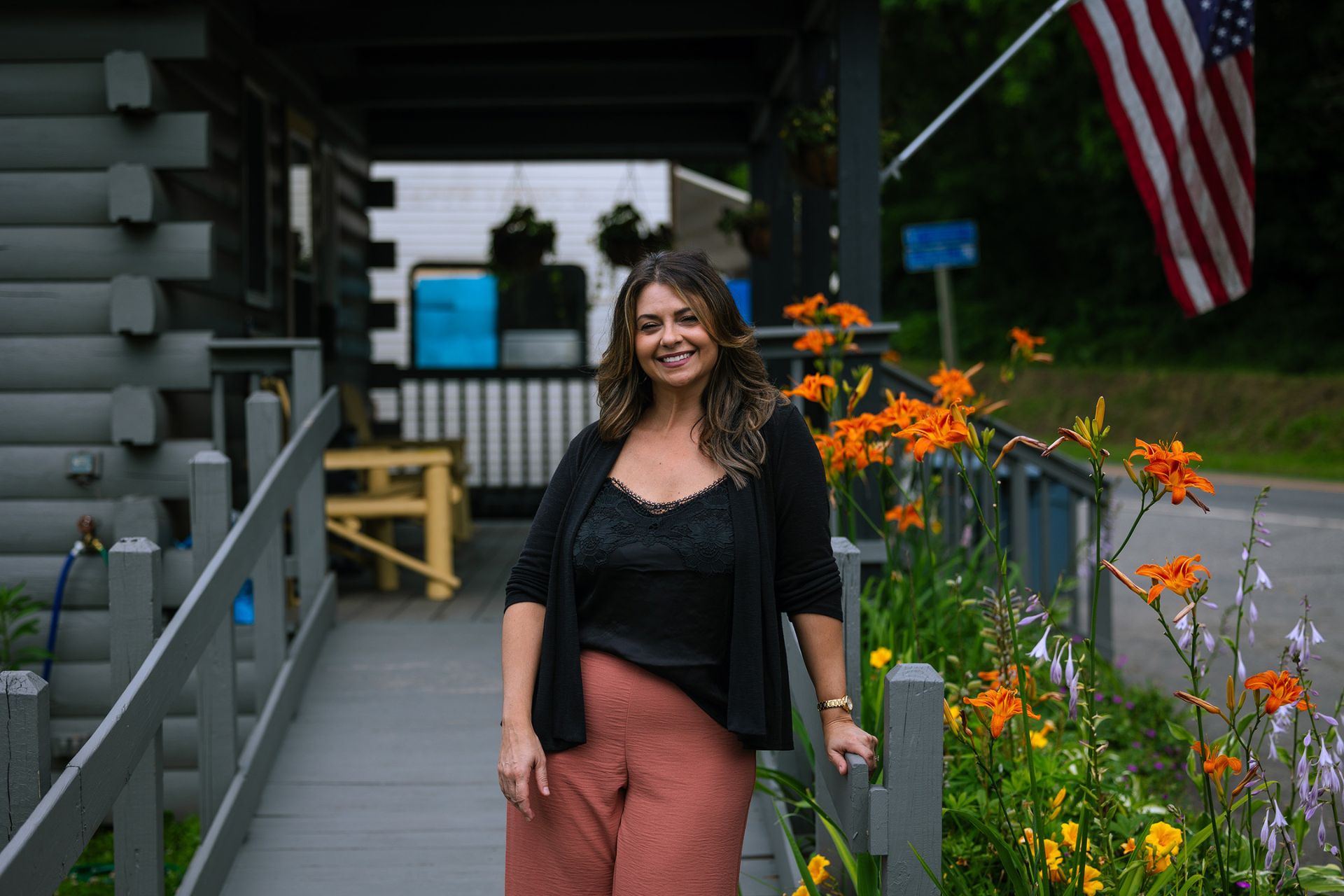
Denise Buzzelli
Executive Director
Piscataquis Chamber of Commerce
Transcript
Kandie Cleaves
I’m Kandie Cleaves. I’m 57, and I’m a mother, a grandmother, a wife, an advocate, an activist, and a person who lives with multiple disabilities.
Around 30 years ago I moved to Maine and very quickly realized something wasn’t right. I wanted to be able to go back to work. But the meds that the doctors ended up putting me on, at the time, the cost was crazy. And there was no way that I could afford to be able to purchase my medication if I didn’t have MaineCare. And that became a real problem.
The program wasn’t set up in a way that I could go and try to get that employment. I would lose those benefits, and then I wasn’t going to be able to pay for the meds, and then I wasn’t going to be able to afford to drive to work or have the things that are required to be able to have a job. And it really kind of trapped me at that point in time.
Moriah Geer
So, the benefits cliff is, someone is on a variety of public benefits—they’re sort of making ends meet, “ish,” by patching together a bunch of different systems.
And then something happens that changes their financial situation. Maybe they get a job. Or maybe their disability changes in some way, and so it changes the amount that they’re getting. And then because of that change, all or some of their benefits start to drop away.
We call it a cliff, because they’re doing okay, and then they sort of just fall off the edge.
Kandie Cleaves
It’s just like that constant vicious cycle, that we say that we want to allow people and empower people to go to work, but then we’re going to take away everything that can help you go to work.
Denise Buzzelli
I have gained an understanding. And I think it’s a unique perspective, because now I’ve lived on both sides. I’ve lived on the side of needing this help and potentially not wanting to go to work because I’m going to lose all of my benefits. And now I’m seeing the perspective of the employer. It’s a painful perspective. We have employers who are so desperate for workforce.
I think our employers for the most part have an understanding of what families have to lose by going back to work. I know a lot of employers that actually work with folks—give them the hours that they need to stay under that threshold.
They just want workers. They feel like they’re fighting a system.
Kandie Cleaves
It would have been so much better if the system could have supported me to be employed at a place where I could have the income to make life a little bit easier.
Denise Buzzelli
There needs to be a system in place that works for both the family and the employer.
Moriah Geer
Maine Equal Justice for many years has been working on the benefits cliff issue.
It’s so important to have people with that lived experience who can be part of this work, and who can connect with individuals on a level where the empathy is there, and the understanding of, “I’ve been there.”
We have a lot of individuals that we work with who have lived experience. They either are on public benefits or have recently been on public benefits, and we call them our Equal Justice Partner Circle.
Kandie Cleaves
I ended up learning about Maine Association of Interdependent Neighborhoods, and I became a leader on that. And through that, was connected with Maine Equal Justice, and went on to become one of the first people in their Partner’s Circle.
In a system that doesn’t really allow you to have much say, it’s a chance to try to change that system and to try to make it better for yourself and for others.
Moriah Geer
When something needs to be—you know, we have to make an amendment to the legislation, I go back to them and I say, this is an amendment that’s been suggested—what do you all think? Because this is your life.
Kandie Cleaves
I want to change the world, because I don’t want it to be this way for my grandkids. And it’s important that my grandkids know that you don’t just give up. Get the stories out there. My own things that I’ve gone through. What other people have gone through. Trying to help the people that are making the laws see the difference of what’s—you know, how things are really impacting us.
there’s more to the benefits cliff story
Experts and policymakers reveal steps they’re taking in Maine to effect change within a challenging system with help from those who’ve been there.
Three moms share their experiences navigating benefits cliffs in A hand up, not a handout, to cross the benefits cliff.
Food, housing, child care, health insurance—get to know the most common public assistance benefits people lose to benefits cliffs.
Special thanks to Steve Osemwenkhae from the Boston Fed for producing, filming, and editing ‘I’ve been there’: How those who’ve faced the benefits cliff drive change.






